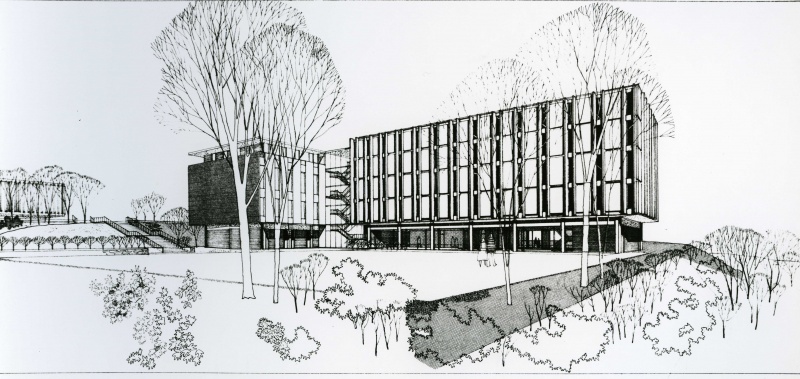PDF
Assimilation, integration or termination?; the development of Canadian Indian policy, 1943-1963. Item Info
- Title:
- Assimilation, integration or termination?; the development of Canadian Indian policy, 1943-1963.
- Creator:
- Leslie, John F.
- Date Created:
- 1999
- Degree Awarded:
- Doctor of Philosophy
- Subjects:
- First Nations Métis policy assimilation
- Geographical Focus:
- Canada
- Supporting Materials:
- n/a
- Description:
- This thesis analyses the evolution and development of Canadian Indian policy at the national level during the years 1943 to 1963. Métis policy, as well as Inuit policy, are not included in this study as these are separate policy fields, involving a different assemblage of policy actors. In terms of methodology, the thesis is organized around a heuristic device borrowed from political science - the “policy community” concept. It is argued that politicians, bureaucrats, church authorities, Native leaders, and interest group representatives formed an expanded Indian policy community after the Second World War. The composition, structure, and internal dynamics of this post-war Indian policy community were critical in determining the tone and content of government policy initiatives during the 1950s and into the early 1960s. The twenty years from 1943 to 1963 were a significant formative period for modern Indian policy. During these years Indian people and non-Indians went through a mutual “learning experience” that significantly altered the course of Indian-government relations. The period began with Indian administration in crisis: Indian socio-economic conditions were abysmal; government policy-makers were bankrupt of ideas and bereft of inspiration. Paternalism dominated government thinking and practices and the official policy of Indian assimilation aimed at destroying all vestiges of “Indianness”. The special joint committee of Parliament of 1946-48 recruited new policy actors to the post-war Indian policy community, breathed new life into Indian administration, and helped to recast Indian assimilation in more enlightened terms of Indian “integration” into Canadian society. While government officials consulted with Native leaders on aspects of the integration agenda, the peculiar structure of the post-war Indian policy community - its systemic stasis - maintained Indian people, their supporters, and interest groups on the periphery of political power and policy-making as “policy takers”. This study concludes that, while an expanded Indian policy community altered the context of post-war Indian policy deliberations, Indian Affairs officials controlled the policy process and brokered significant reforms acceptable to government’s agenda: Indian assimilation was recast in terms of Indian integration, paternalistic practices were gradually abandoned, an Indian political agenda was grudgingly acknowledged, and the notion of Indians as “citizens plus” was broached.
Source
- Preferred Citation:
- Leslie, John F.. Assimilation, integration or termination?; the development of Canadian Indian policy, 1943-1963.. 1999. Carleton University, Doctor of Philosophy.
- Reference Link:
- https://cuhistory.github.io/grads/items/hist_194.html
Rights
- Rights:
- Copyright the author, all rights reserved, unless otherwise indicated.

